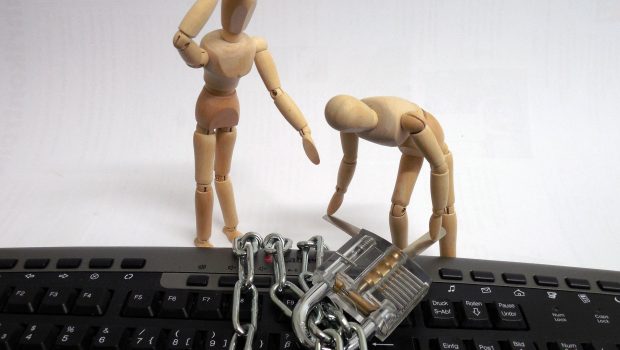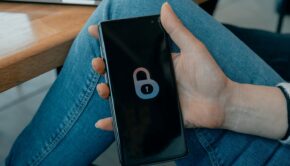Data Breaches & How You Can Protect Yourself
Yahoo. LinkedIn. Verizon. These are only three of the many companies who have dropped the ball in 2016. In this year alone, these companies have leaked the personal information of a combined two million customers in data breaches.
Government agencies and businesses have been leaking personal data like a sieve. The statistics are alarming; over the past decade, about 6,500 data breaches have occurred, resulting in leaked information from over 880,000,000 accounts. Countless breaches go unreported, so the actual number of leaks are probably far higher.
Let’s put those numbers into perspective: a breach is an incident in which someone’s personal information is exposed. Breaches can occur through physical theft, but they occur more frequently online. Hacking, theft, and negligence lead to leaks. A leak occurs when information like social security numbers, credit card numbers, login credentials, and protected health information can be accessed by unauthorized individuals.
The statistics are concerning, but what does it mean for consumers as individuals? Your private information can be used by hackers and fraudsters to steal your identity. While a data breach does not necessarily mean that you will be targeted for identity theft, there are precautions you can take to avoid any issues.
Determine what type of information was exposed in the data breach. In some instances, you may only need to change your password. However, since some users use the same password across multiple accounts, this can still pose a problem; if someone knows your password for one site, they can use that password to access your other accounts. Obviously, you should create a unique password for every account you have. It can be a bit of a headache to manage so many passwords, but it will save a lot of heartache in the future.
In other instances, where personal information is tied to your account, you may need to look into your credit report. If you learn that one of your accounts might have been exposed after a data breach, consider placing a fraud alert or a credit freeze on your credit report. There are several key differences between these two options. A fraud alert requires creditors to verify your identity before opening new accounts. This alert lasts for 90 days by default, but can be extended to last for up to seven years. A credit freeze restricts access to your credit report. It stops fraudsters from opening new accounts. It lasts until you request that it be lifted. For either option, consumers need to contact each of the three credit reporting companies: Equifax, Experian, and TransUnion.
There are several ways of determining if you are a victim of identity theft. A clear sign that your personal information has been compromised is if you receive an identity verification letter from the IRS. The agency sends these letters to individuals who — due to irregular activity on a tax return — they suspect might be victims of identity theft. Another telltale sign of identity theft is if you receive unfamiliar debt collection letters or medical bills for services you did not use.
A comprehensive list of warning signs can be found at the Federal Trade Commission Consumer Information site. If you suspect that you have been a victim of identity theft, immediately contact the FTC. They will ask for any available information about the identity theft and tailor a recovery plan for you. It is a straightforward process, but it can take an average of six months and 200 hours of work.
While news of data breaches have become disturbingly commonplace, consumers should not grow complacent. Keep an eye out for data breaches, and always investigate to determine if your personal information has been exposed. Those who are vigilant in protecting their identities online can minimize the chance that they will be affected by a data breach.
About the author:
Bob Hand is a tech blogger living in Boise, ID. He has an interest in internet security, marketing, and video games. His hobbies include reading and collecting vinyl. You can follow him on Twitter at https://twitter.com/bob_hand567















